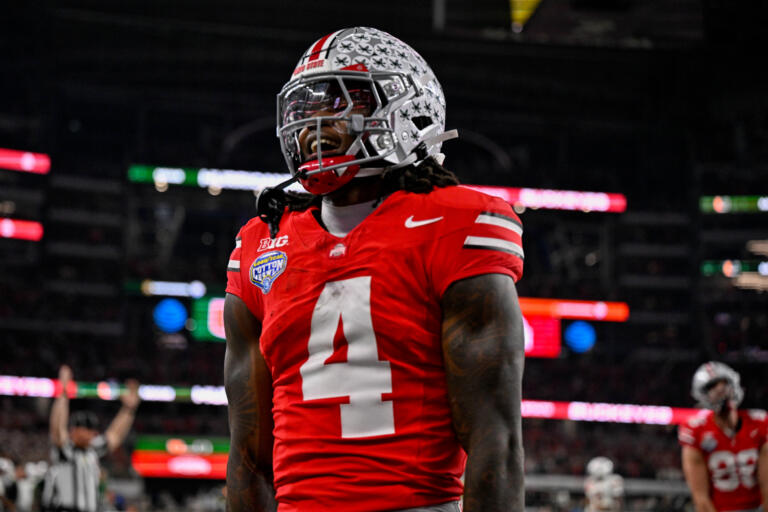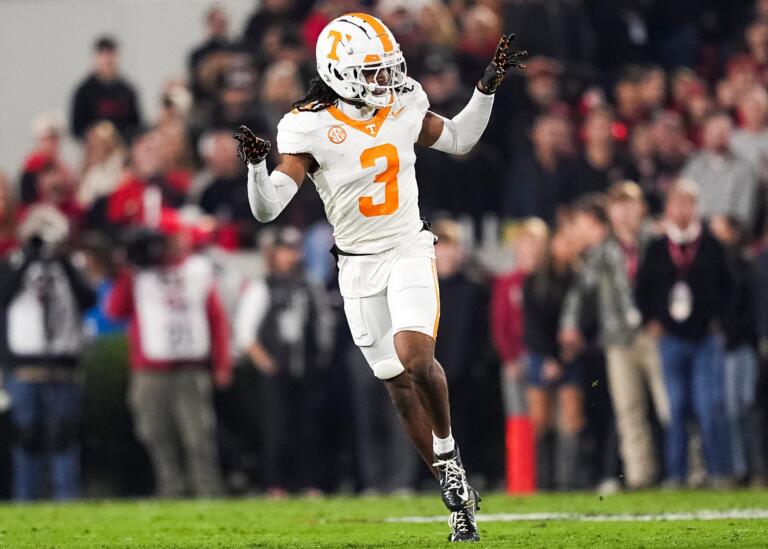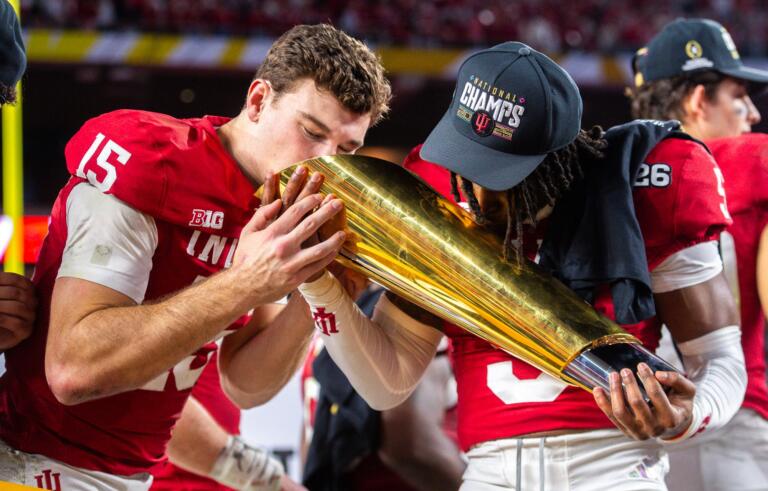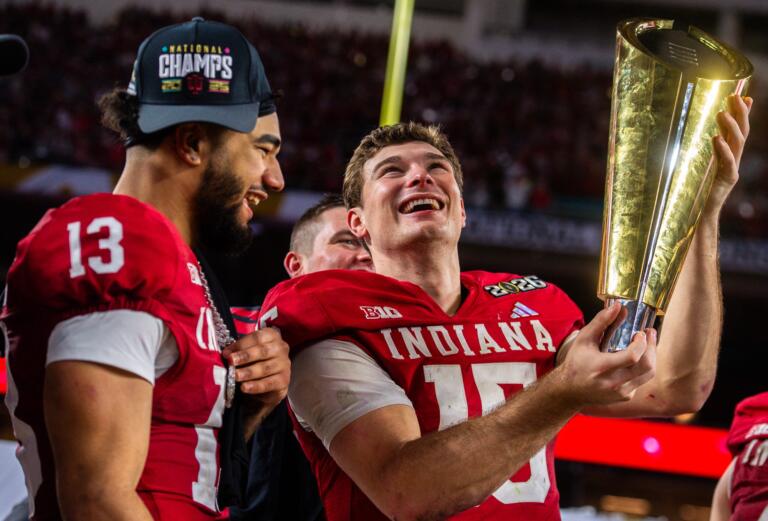How NIL Recommendations Bolster Athlete Autonomy
In the dynamic ecosystem of college sports, the Name, Image, and Likeness (NIL) rights have emerged as a pivotal axis around which the modern-day athlete’s aspirations revolve. The unanimous decision by the Division I Council to present four recommendations aimed at refining the NIL landscape is a monumental stride towards athlete empowerment. Particularly, these proposals could significantly smoothen the transition of athletes from the collegiate sphere to the professional realm, ensuring they step into the latter with a robust understanding and control over their personal brand.
One of the salient proposals is the development of a registration process for NIL service providers such as agents and financial advisors, along with NIL entities who contract with student-athletes. This registration process is a bedrock of transparency and professionalism, ensuring that the individuals and entities interacting with the athletes adhere to a defined set of standards. This mechanism not only imbues a sense of reliability within the NIL landscape but also accustoms the young athletes to the professional modus operandi they are likely to encounter post-college.
Furthermore, the proposition to create a standardized contract or standard contract terms is a pragmatic approach towards demystifying the contractual landscape for the athletes. By having standardized terms, especially around fee structures and specific activities for which athletes would be compensated, the athletes are better positioned to understand, negotiate, and manage contracts. This standardization is akin to a preliminary professional tutelage, preparing them for the contractual negotiations that are integral to a professional athlete’s career.
Moreover, the establishment of disclosure requirements is a prudent step towards fostering a culture of transparency. By having a structured disclosure protocol, the athletes, and the NIL entities are encouraged to operate within a transparent framework, which in turn cultivates an environment of trust and accountability. This transparency is a cornerstone of professional sports and having an early exposure to such disclosure requirements is invaluable for the collegiate athletes transitioning to professional circuits.
The amalgam of these recommendations is a robust foundation upon which athletes can build and manage their brand. The education, the exposure to a professional-style registration and contractual process, and the culture of transparency are quintessential elements of an athlete’s professional life. By introducing these elements within the collegiate sphere, the recommendations are not just empowering the athletes in managing their NIL rights, but are also significantly bridging the experiential gap between college and professional sports.
As the athletes navigate through the intricacies of NIL rights, these proposals are akin to a guiding light, ensuring that the athletes are well-versed, well-prepared, and well-protected as they transition from young adults to professional athletes. The foresight embedded within these proposals reflects a proactive approach towards athlete empowerment, resonating with the broader objective of nurturing well-rounded athletes who are as savvy off the field as they are on it.








